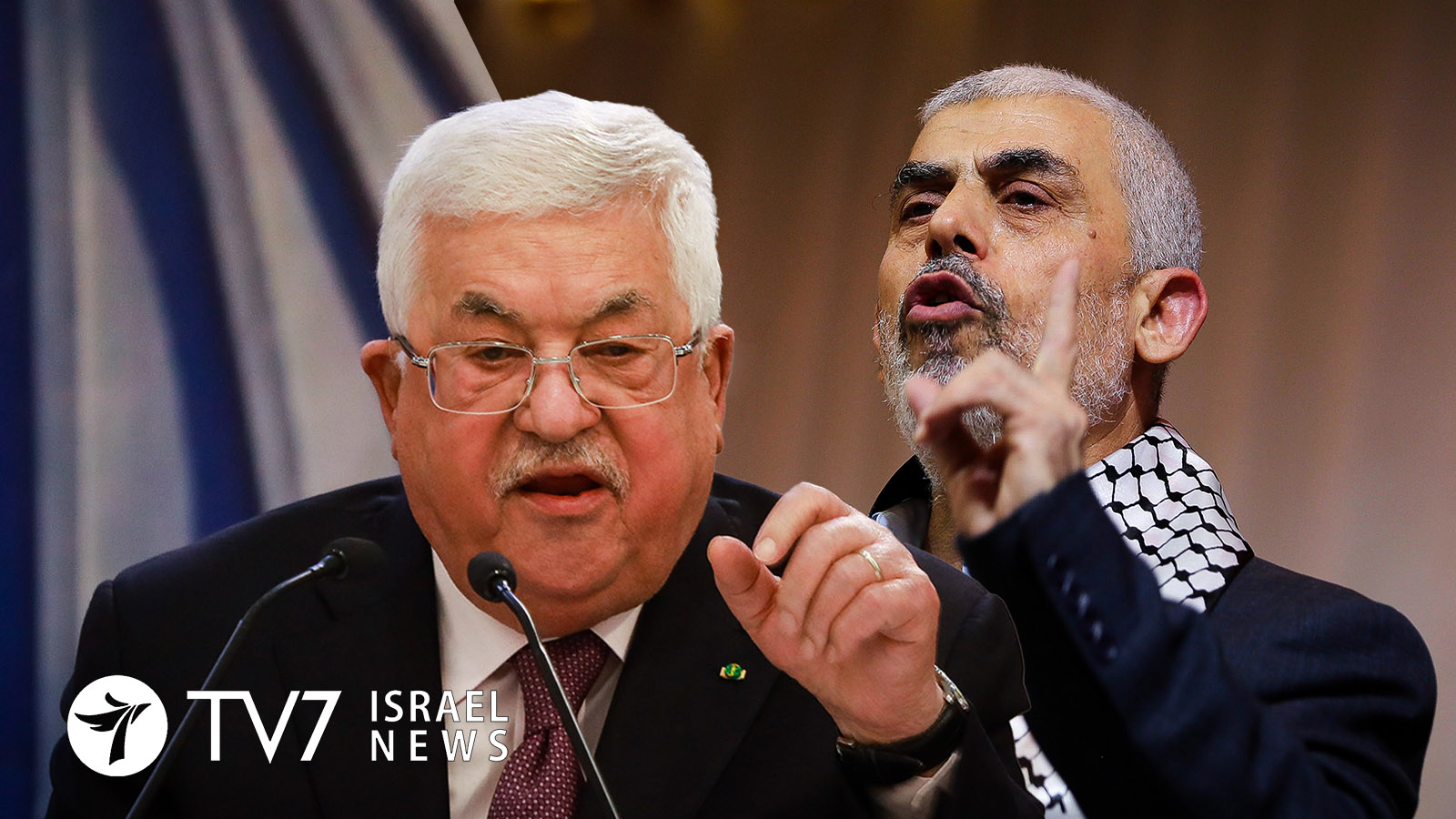Palestinian Authority (PA) President Mahmoud Abbas has announced that parliamentary and presidential elections would be held later this year in a bid to heal long-standing divisions.
The 85-year-old Fatah leader who is in bad health, did not disclose whether he would be running for re-election. Fatah is the dominant force in the umbrella Palestine Liberation Organization (PLO) that controls the PA.
According to Abbas, Palestinian parliamentary elections will be held on 22 May with a presidential vote on 31 July.
Fatah’s bitter rival, the Islamist Hamas terrorist organization, welcomed the move. Hamas has vowed to annihilate Israel, and “liberate all of Palestine.”
Many Palestinian residents are, however, expressing doubt that the first presidential election in 16 years and parliamentary vote in 15 years will bring change – or even happen at all. “They will find a thousand reasons to call it off,” Reuters cited one Gaza man as saying, who requested anonymity, adding, “I don’t have any hopes.”
A December 2020 poll by the Palestinian Center for Policy and Survey Research revealed that only 52% of Palestinians believe elections held under present conditions would not be fair and free. It remains unclear what – if any – mechanism would be implemented to ensure a free election, such as the participation of international observers.
76% of those polled said they did not believe Fatah would not accept the results if Hamas won, while 58% believed Hamas would reject a Fatah victory.
“We have taken an important step but we still have a long way to go,” said veteran West Bank political analyst Hani al-Masri. “Great obstacles remain and without overcoming these obstacles the whole operation will be doomed to fail.”
Abbas was elected to a 4-year term on 9 January 2005. The last parliamentary ballot ended in the unexpected victory by Hamas in 2006, when the Palestinian public awarded the majority of parliamentary seats to the Islamist group. Abbas reacted by deposing the new Hamas government.
The bitter power struggle between Fatah and Hamas rival erupted into an internecine Palestinian war in 2007, that ended with the Hamas seizure of control in the Gaza Strip and continued rule by the Ramallah-headquartered PA of Palestinian territories in the West Bank.
Abbas unilaterally extended his presidential term “by one year” when it expired on 9 January 2009 – but has remained in office since that time. He ultimately dissolved the Palestinian Parliament in 2018.
Repeated attempts to forge a lasting reconciliation between Fatah and Hamas have failed, and previous pledges to hold elections have gone unfulfilled. Rights groups have accused both of suppressing political opposition.
The European Union welcomed the election announcement. “The EU stands ready to engage with relevant actors to support the electoral process,” the EU’s spokesperson for Foreign Affairs and Security Policy said in a statement, adding that, “The EU also calls on Israeli authorities to facilitate the holding of elections across all the Palestinian territory.”
Palestinians not only want to hold elections in the West Bank and Gaza, but also in Jerusalem.
“We have other alternatives, and what is important is that people from Jerusalem can take part in the election,” Chairman of the Palestinian Central Election Committee Hanna Nasir declared on Saturday.
Israeli officials did not immediately comment, and it is as of yet unknown whether Palestinian election activity would be permitted to take place in East Jerusalem, as it was in 2006.
The United Nations announced support of the Palestinians exercise of democracy, said UN Secretary General Antonio Guterres’ spokesman, adding that it would “be a crucial step towards Palestinian unity.”
Ramallah is anxious to repair relations with Washington that were badly damaged during the administration with United States President Donald Trump, and the electoral announcement is widely seen as a gesture aimed at pleasing U.S. President-elect Joe Biden.
The United States, Israel and European Union are nevertheless unlikely to endorse any future Palestinian government that includes Hamas, which has long been deemed an Islamic terror group by the international community.
